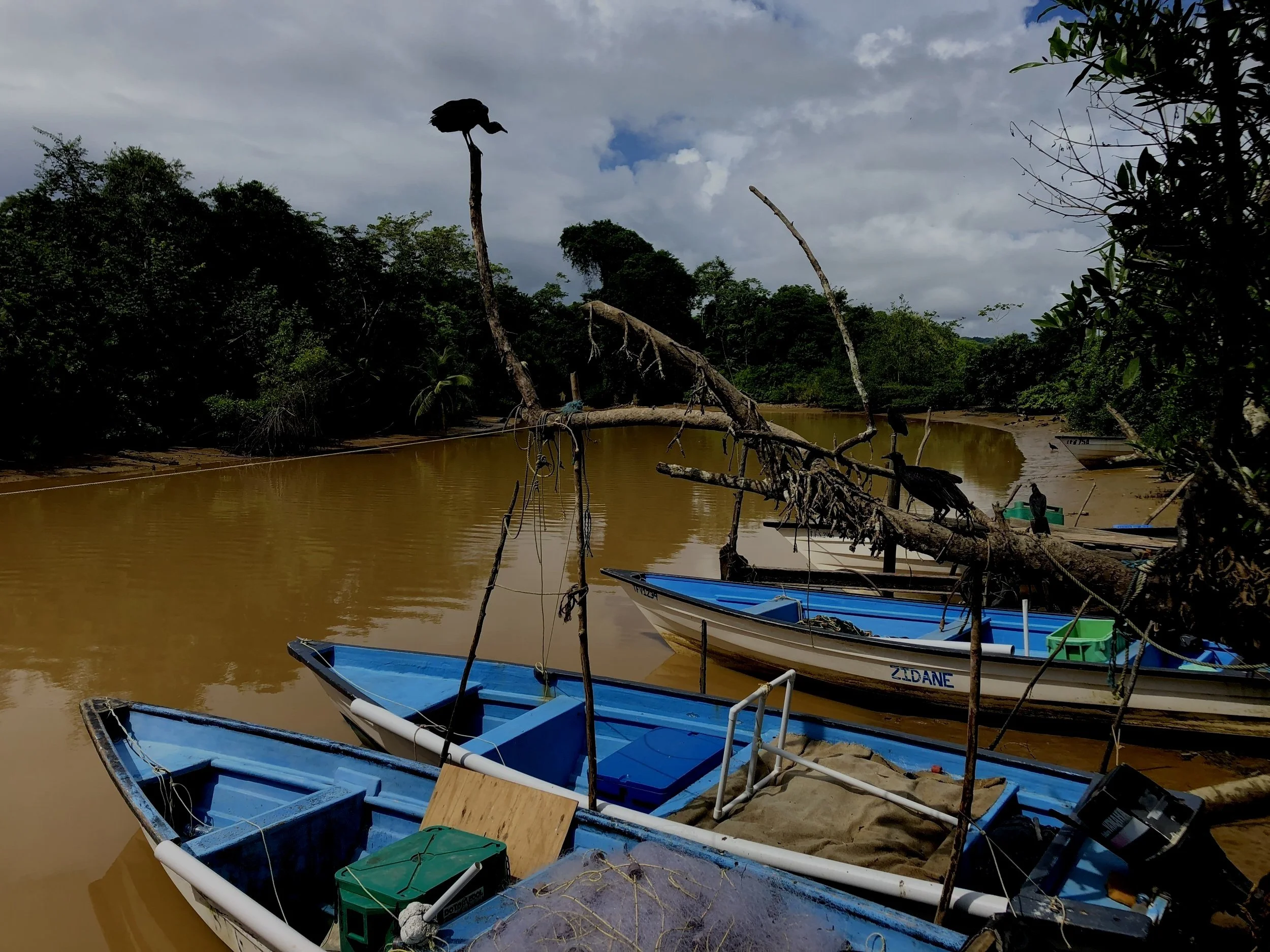
Convergent Crimes
Public Sector Corruption
Public sector corruption involves the abuse of entrusted power by government officials for private gain, including bribery, embezzlement, nepotism, and the manipulation of regulatory processes. In the Caribbean, corruption within public institutions can enable wildlife crime by weakening oversight, facilitating the issuance of fraudulent permits, and obstructing investigations. Traffickers may rely on corrupt officials to bypass enforcement, conceal illegal activities, or gain access to protected areas and species.
This type of corruption erodes the rule of law and significantly impairs the capacity of agencies tasked with biodiversity protection and environmental governance. It undermines public trust in institutions and compromises animal welfare by allowing illegal trade and exploitation to persist largely unchecked. Corruption also contributes to biodiversity loss by enabling unsustainable resource extraction and obstructing conservation efforts. For communities, especially those dependent on natural resources, the effects include economic inequality, reduced access to justice, and diminished well-being.
While public sector corruption is widely acknowledged as a barrier to effective wildlife enforcement, addressing it requires long-term investments in transparency, institutional reform, and civil society oversight. Strengthening anti-corruption frameworks, protecting whistleblowers, and building public accountability will be essential to reducing the impact of corruption on wildlife and communities across the region.
Related Blogs
Our blog section is growing. Check back soon for new posts related to this topic.
